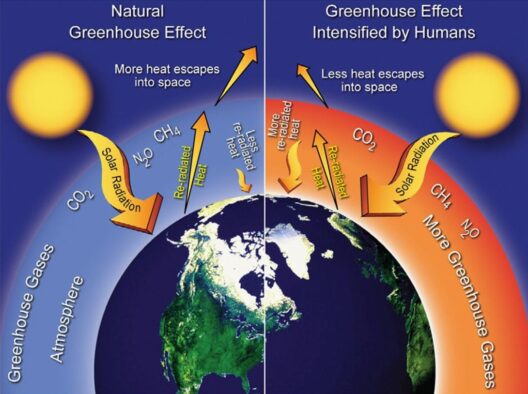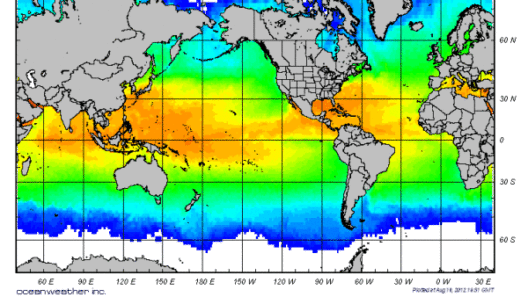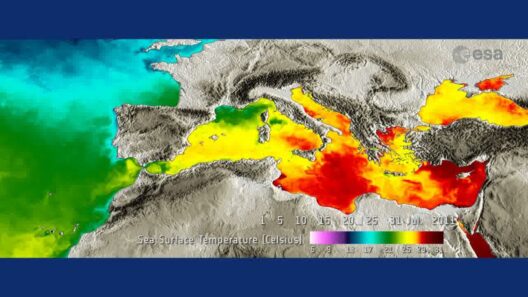Understanding the seemingly pervasive skepticism among Republicans regarding climate change requires an examination of various intersecting factors, including political ideology, economic interests, and misinformation. This complex issue calls for a multi-faceted analysis to illuminate why this divergence in belief exists and persists. It is imperative to consider the broader implications of climate change denial, especially as the science continues to validate the urgent need for action.
The foundation of skepticism among some Republicans can be traced back to a political ideology that emphasizes limited government intervention and an unwavering belief in free-market principles. This ideational framework often positions environmental regulations as impediments to economic growth and individual liberties. Many Republicans view the calls for stringent climate policies as a governmental overreach that could stifle innovation and impose unwarranted restrictions on businesses. This ideological standpoint creates a barrier to accepting the scientific consensus on climate change, leading to resistance against policies perceived as detrimental to economic freedom.
Moreover, the fossil fuel industry wields significant influence in American politics, particularly within the Republican Party. A multitude of prominent donors and lobbying organizations tied to fossil fuel interests contribute to political campaigns, perpetuating a culture that prioritizes short-term economic gains over long-term environmental sustainability. This financial dependency creates an ecosystem in which politicians are incentivized to downplay climate change to appease their benefactors, further entrenching anti-climate narratives within party platforms.
Another contributing factor is the dissemination of misinformation regarding climate science. Social media platforms and certain media outlets have propagated narratives that undermine the validity of climate research. Misleading claims and cherry-picked data points cast doubt on the overwhelming evidence supporting human-induced climate change. The phenomenon of “confirmation bias” is particularly salient here; individuals will often seek out information that confirms pre-existing beliefs while dismissing contradictory evidence. As a result, public discourse becomes polarized, with misinformation creating a fertile ground for skepticism to flourish.
Cognitive dissonance plays a critical role in the climate change debate as well. Many Republicans hold dual beliefs that clash: a commitment to free-market strategies and an acknowledgment of the pressing threats posed by climate change. This internal conflict can result in rationalizing ignorance or minimizing the urgency of climate issues. When confronted with irrefutable evidence of climate-related phenomena, such as increasing natural disasters or rising sea levels, it may be psychologically easier to dismiss the entire issue rather than reconcile these beliefs.
Furthermore, cultural identity and social group dynamics significantly influence climate beliefs. Environmentalism is frequently associated with a more liberal, progressive agenda. For many Republicans, rejecting climate change aligns with maintaining their cultural identity and distancing themselves from a perceived liberal agenda. Social affiliations can be powerful, and members of political or community groups may often echo collective sentiments, reinforcing the notion that climate change is a hoax or a fabricated concern among elites.
In addition, the temporal disconnect between immediate economic triumphs and distant climatic consequences contributes to the skepticism. The impacts of climate change, such as altered weather patterns and polar ice melting, are often gradual, making them less visible to the immediate populace. In contrast, the benefits perceived from fossil fuel exploitation—job creation, economic growth, and energy independence—are tangible and immediate. This dichotomy fosters a preference for prioritizing short-term economic stability over addressing an abstract long-term crisis.
Engagement with climate change is also modulated by educational disparities. Studies have demonstrated that individuals with higher levels of education are more likely to acknowledge climate change and its anthropogenic causes. An educational gap among constituencies can, therefore, exacerbate differences in belief systems. Where scientific literacy is lacking, myths and misconceptions about climate science can proliferate, catalyzing further skepticism.
Despite these challenges, it’s crucial to recognize there are voices within the Republican Party advocating for climate action. Some leaders promote market-based solutions to mitigate climate change, aiming to reconcile economic growth with environmental responsibility. These proponents argue for innovative technologies such as carbon capture and renewable energy investments, framing climate action as an opportunity for economic advancement rather than a restriction.
Lastly, addressing climate change skeptics necessitates respectful dialogue and education. Engaging in genuine conversations that acknowledge differing viewpoints while gently presenting scientific findings can foster understanding. Cultivating ideological diversity within discussions about climate issues can also pave the way for cooperative solutions and hybrid approaches that integrate both environmental stewardship and economic vitality.
In conclusion, the reluctance of many Republicans to embrace the reality of climate change emerges from a confluence of political philosophy, economic interests, misinformation, and cultural identity. The ramifications of this denial extend beyond party lines, influencing national policy, environmental sustainability, and global efforts to combat climate change. Dialogue, understanding, and innovative approaches may offer pathways to bridge the ideological divides, enabling a more unified response to one of the most pressing challenges of our time. As the climate crisis escalates, it becomes increasingly imperative for all political factions to engage in informed and constructive conversations, forging pathways toward lasting solutions.







